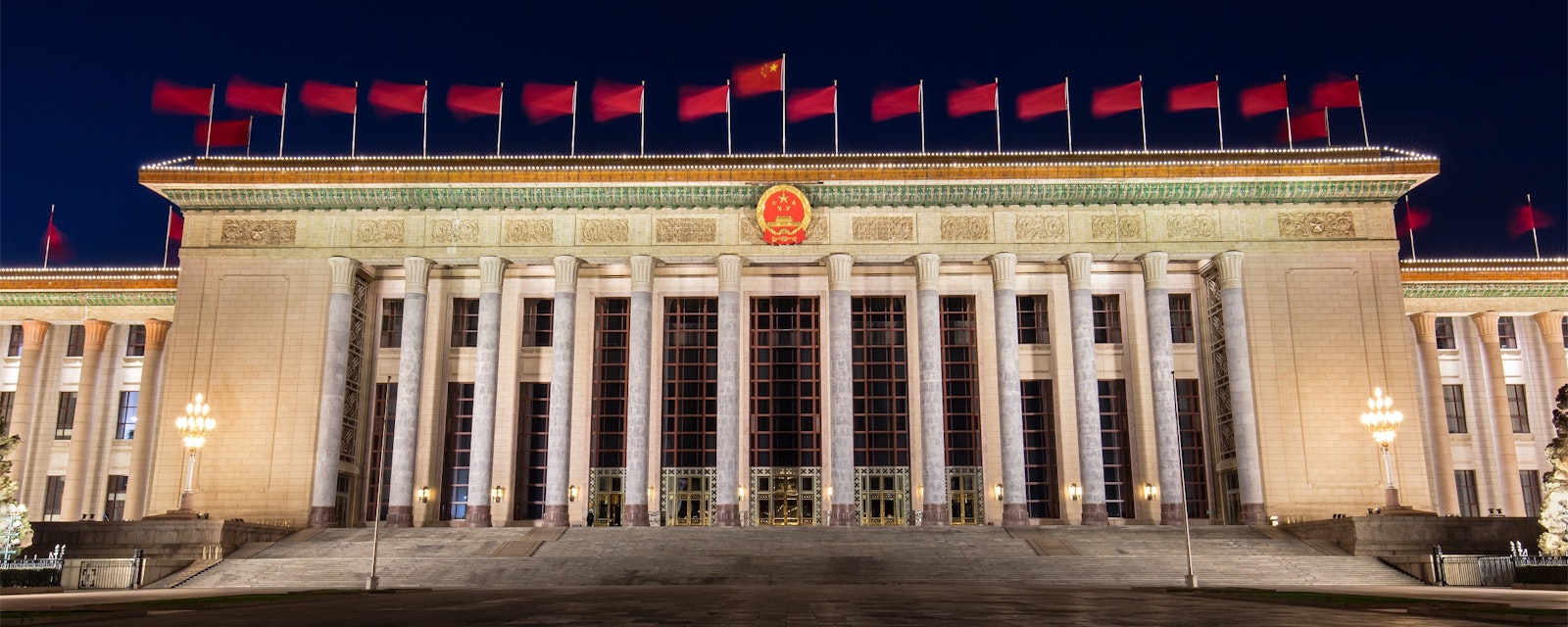China's annual parliament session convened last week. Italy’s government is expected to extend a freeze on layoffs. In Germany, the race for the Merkel succession will be accelerated by two regional elections.
Meanwhile, in Myanmar unions have called for a nationwide strike, Slovakia’s coalition government faces an internal crisis, Brazil’s parliament votes on an emergency constitutional amendment, and talks between Zambia’s government and the IMF have concluded.
Chart of the Week
Trust in Covid vaccines across advanced economies has increased in recent months, as vaccine rollouts gain traction. In most countries, the perceived safety of Covid vaccines higher today than back in December. There is one exception, however: the AstraZeneca vaccine. In Germany, the perceived safety of this vaccine has worsened over the past months – 40% of respondents consider it unsafe today – while in France the proportion of people who consider this vaccine unsafe (43%) outnumbers those who think it is safe (33%). This skepticism partially explains why EU countries have not administered many of the AstraZeneca jabs made available to them by the EU procurement scheme. Meanwhile, Italy’s blocking – supported by other EU countries – of a shipment of AstraZeneca vaccines to Australia suggests that vaccine nationalism (even among rich countries) is still a risk, which could have a highly negative impact in the developing world.
What to Watch
China
Theannual parliament sessionunveiled the 14th Five-Year Plan covering 2021-25. It breaks from past precedent by omitting a GDP growth target for the full period, in a sign that top leaders are deemphasizing rigid growth targets in favor of environmental and social indicators.
Italy
The government is expected to unveil a new decree extending a freeze on layoffs imposed due to the Covid-19 pandemic until 30 June. Additional financial resources will also be allocated to furlough schemes, the fund for “citizen’s income” and an emergency income initiative. The health care system will receive fresh resources for around EUR 2bn to support the fight against the pandemic.
Germany
The race for the Merkel succession will gain pace after the 14 March regional elections. Voters will go to the polls in the states of Baden-Wuerttemberg and Rhineland-Palatinate. If Merkel’s Christian Democrats (CDU) do not manage to win either of the two states, this could pose a challenge for new party leader Armin Laschet. However, the base case remains that it will be him – and not Bavarian leader Markus Soeder – who will lead the Christian alliance (CDU/CSU) into the September Bundestag election campaign.
On the Horizon
ASIA
Myanmar
Most factories and shops appeared to have closed on Monday in response to a general strike called by the country’s unions, adding to the disruptions already being experienced in both the public and private sector over the past few weeks of protests. The military has deployed more troops to hospitals and other public facilities, signaling that it is unlikely to back down from its increasingly hardline stance.
EUROPE
Slovakia
Four ruling coalition parties will continue talks to resolve the government crisis triggered by the Minister of Health Marek Krajci’s (Ordinary People and Independent Personalities, OL’aNO) approval to acquire 2mn doses of Russia’s Sputnik V vaccine. The largest parliamentary group OL’aNO and its junior coalition partner We Are Family (Sme Rodina) are set to hold internal meetings on Wednesday, which should bring more clarity to the situation. The most likely scenario is that the current four-party coalition will stay together (for now); however, significant changes in the cabinet are expected, potentially including the replacement of Prime Minister Igor Matovic. Alternatively, a technocratic or a minority cabinet tasked to lead the country through the pandemic could become likely.
LATIN AMERICA
Brazil
The House of Representatives will vote on 10 March on an emergency constitutional amendment (PEC Emergencial). This amendment, which was already approved by the Senate on 4 March, combines spending cuts with the reintroduction of the emergency assistance that expired on 31 December. In addition to rejecting the end of mandatory spending in the original proposal by rapporteur Marcio Bittar, the House approved a text that reinstates a state of calamity during which BRL 44bn (USD 7.7bn) can be directed towards an emergency assistance. Triggers that activate spending containment measures were included for both the federal (95% of total mandatory spending) and sub-federal governments (85% of total current revenues).
Peru
The presidential candidates will outline their anti-corruption strategies in the first half of this week as part of an initiative organized by the Comptroller-General’s Office. In parallel, five of the leading candidates are scheduled to hold a debate organized by the newspaper El Comercio on 9 March; the candidates involved are Yonhy Lescano, George Forsyth, Keiko Fujimori, Veronika Mendoza, and Daniel Urresti. Forsyth’s place in the race has now been settled following a ruling by the JNE electoral board, as has that of the ultra-conservative Rafael Lopez Aliaga, who has been climbing in the polls. The next poll by Ipsos – to be published on 14 March – should confirm whether Lopez Aliaga has sustained his poll rise. The first round of the elections takes place on 11 April.
MIDDLE EAST AND AFRICA
Zambia
Three weeks of talks between the IMF and the government concluded on 3 March. According to a 4 March IMF press statement, “[s]ignificant progress has been made and discussions are expected to continue in the next few weeks, following additional technical work on the appropriate policy package.” The two sides seem little closer to an agreement. While positive statements from both sides are likely to continue, the obstacles to a deal still seem extremely high ahead of the August elections.





